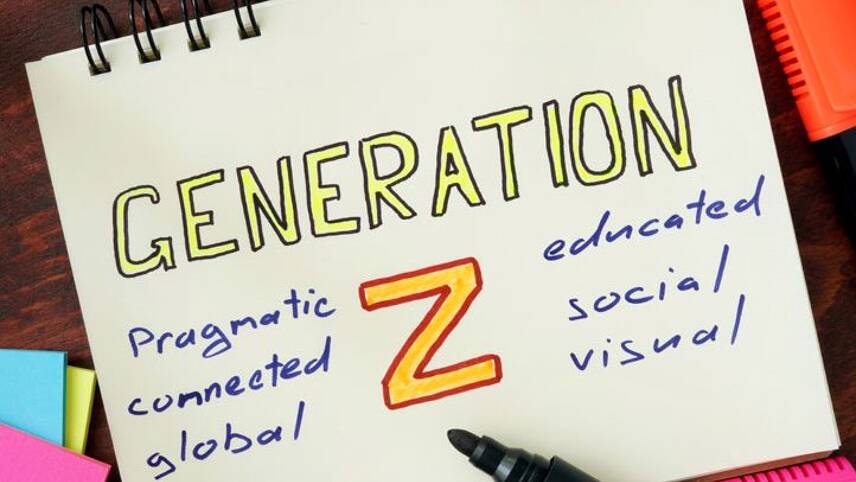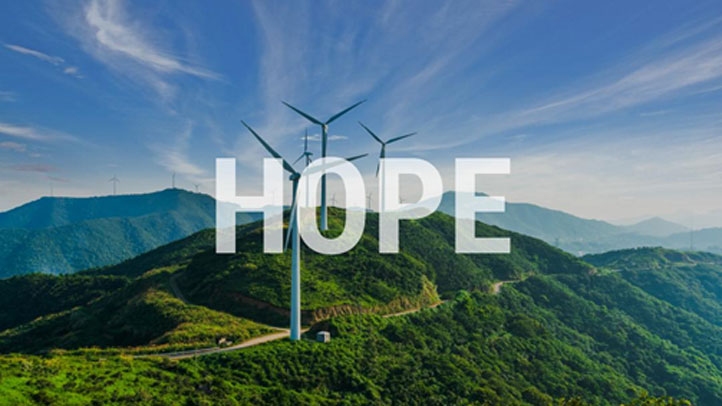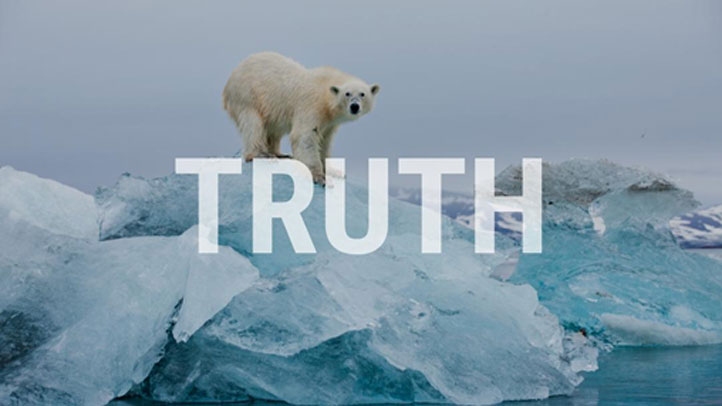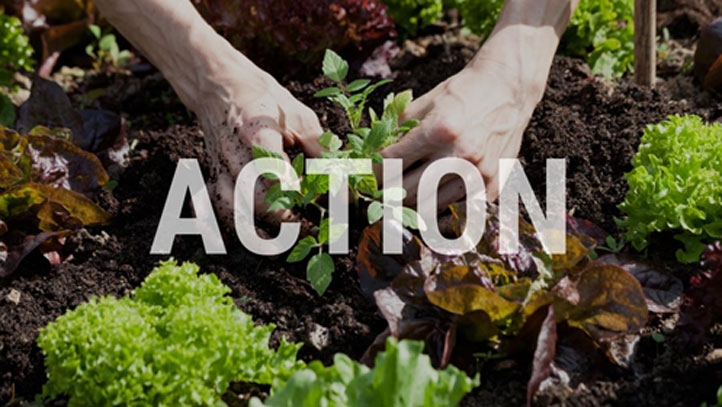Register for free and continue reading
Join our growing army of changemakers and get unlimited access to our premium content

In this article, we share what we have learned from our Learning Analytics Engine about successful communication with Gen Z.
Firstly, who are Gen Z and what are they like?
Generation Z, born 1995 – 2010, has grown up in a world where digital life is a part of their reality; its contribution to their identity is as authentic as their tangible ‘real’ life.
They are disillusioned with traditional institutions, politicians and mass media; they’re skeptical about the motives and trustworthiness of business leaders. They feel pessimistic about the environment and social progress. Interestingly, they value experiences above starting a business.
Technology
Technology is not a tool to Gen Z: it’s part of life. Where millennials use an average of three screens, Gen Z use five, and they’re online for 10 hours a day. As digital natives, they are used to hyper-customisation – of playlists, clothes and education. Growing up in an age of high-speed technology, icons and apps, they are better at quickness than accuracy.
Gen Z are hyper-connective, collecting and cross-referencing multiple sources of information with ease. They blend virtual and offline experiences with fluidity and comfort.
Sustainability
Gen Z want companies to do more for sustainability. Climate change and protecting the environment are their top personal concerns. So much so, 70% will pay more for sustainable products and actively seek ethical brands.
They are willing activists to the causes they believe in. In our transparent world, they demand that a brand, its owner, partners and suppliers are doing the ‘right thing’.
For instance, Gen Z prefers to rent properties constructed of sustainable materials. When job hunting, they seek out sustainability-conscious employers. They buy food from companies like Oddbox, because it demonstrates ethical integrity; fighting food waste and reducing emissions.
According to a survey of over 1,000 US respondents, 59% of Gen Z buy second-hand items like upcycled products. Recrafted by Patagonia is one example. The growth of new, second-hand clothing companies such as ThreadUP (USA), Loopster (UK) and StillWhite (Australia) is a response to these habits.
For Gen Z, consumption is:
- Access, rather than possession. Subscriptions to Netflix and Spotify have replaced DVDs and CDs.
- An expression of individual identity.
- A matter of ethical concern
The Truth
A Deloitte Survey argues that that Gen Z behaviours all stem from their quest for truth:
- Being true to themselves and avoiding labels,
- Mobilising themselves for a range of causes,
- Using dialogue to solve conflicts and improve world relations,
- Being highly analytical and pragmatic to make decisions and relate to institutions.
Where millennials were the ‘me generation’, Gen Z are the ‘true generation’.
Click the image for more information.
These changes in behaviours are enabled, and driven, by technological advances. The internet provides another dimension for interaction, learning, information seeking and consumption. And it pervades all socioeconomic groups.
Learn to Save Our Planet: a new way of engaging Gen Z in sustainability
Learn to Save Our Planet is a learning platform for teens, accessible in class and at home, that teaches young people around the world about the climate crisis, an issue they perceive as having vital importance. Yet few are taught sustainability at school and there is no mainstream media that gives them a clear, accurate and balanced understanding of the issues.
Gen Z seeks the truth about the climate and want to act on it. But it’s important to deal with anxiety-producing information about our planet’s future. This is why we ensure they not only learn the truth about climate change, but also see there is hope in addressing its consequences whilst becoming empowered to take action.
‘Click on the photos to see examples of learning content from our beta site.’
Click the image for more information.
Top tips for engagement.
Using data from our learning analytics engine, our top tips are:
- Use high production quality videos to ‘hook’ interest and entertain.
- Have fun! Humour keeps it fresh and makes material memorable. Vary the way information is communicated.
- Use reliable information. Gen Z seeks the truth. We have become a go-to for accurate information.
- Make the material as interactive as possible. For example, in the Carbon Zero learning journey, learners can see how much coal, oil and natural gas has been extracted during their lifetime.
- Provide agency: learners can choose their own learning pathway. If they want to dig deeper into a topic, they can. If they want to go elsewhere, that’s fine.
- Maintain interest, and thus focus, by varying the way information is communicated.
- Motivate using fun quizzes and a variety of activities. Our learners can test their knowledge by participating in a variety of quizzes, including live ones, and achieve glory for their school by participating in our global schools’ quiz.
- Develop independent learning skills, such as metacognition, through prompts. Our learners discover, for example, that by exploring all the material they are able to answer more questions and score higher.
- Reward usage or performance. Our successful quizzers earn a form of currency, which can be used to buy real-world items.
- Provide an opportunity for action. Our learners can become ‘Agents of Change’ and make a real-world difference.
Is your company living up to Gen Z expectations?
To engage successfully with Gen Z requires a different approach. Material must be entertaining, with high production quality videos and images. Personalisation, agency and interaction must be rebalanced against scale and mass production. Gen Z value individual expression and truth. Companies must be seen to behave ethically and to practise what they preach. Finally, Gen Z like an opportunity for action.
How have you engaged your Gen Z audience? Please share your tips; we’d love to hear them.
Anyone interested in augmenting their CSR strategy can support our Learn To Save The Planet initiative. Our global schools competition ‘The Wild Wisdom Challenge’, launching this summer, is seeking partners.
Click the image for more information.





Please login or Register to leave a comment.